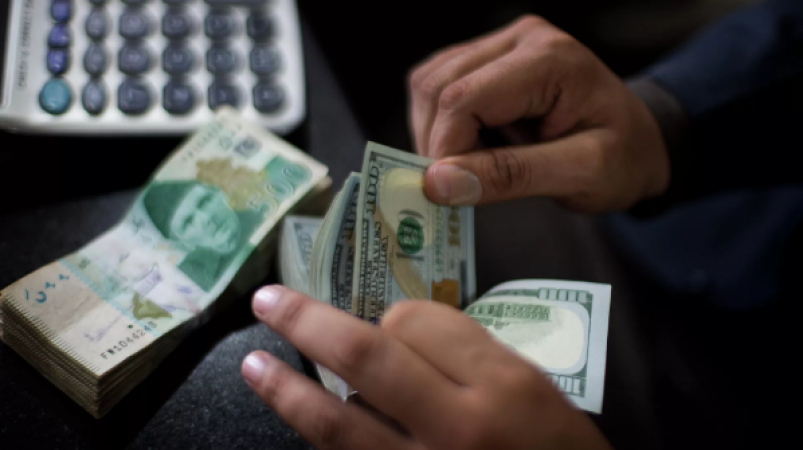
ISLAMABAD: Despite the loss of foreign exchange reserves and "pressure" on the national currency, the country will not "default" on its foreign debt, according to Pakistan's Finance Minister Miftah Ismail. The price of Pakistani rupee reached a record low of 232.92 against the US dollar at the end of trading on Tuesday.
The finance minister, who was appointed as a member of Prime Minister Shehbaz Sharif's cabinet in April, said that over the next three months, the government would "moderate" its imports while attempting to boost exports.
Additionally, he noted that "revision" imports may have contributed to a reduction in the current account deficit (CAD), which he estimated at about $10 billion. Apart from clearing the finances, we aim to reduce the CAD to zero to meet the current account deficit.
The minister also said that over the next 12 months, Islamabad will pay about $21 billion in external obligations.
He also said that Pakistan owes a total of $81 billion to foreign creditors, most of whom were bilateral lenders such as Saudi Arabia, the United Arab Emirates and China.
In addition to 800 billion rupees ($ 3.37 billion) in levies from fuel, the finance minister said the government expected to raise 775 billion Pakistani rupees ($ 3.27 billion) in export revenue during the current fiscal year. Additionally, he explained that the government's decision to end fuel subsidies was justified as the price of gasoline and diesel has increased by about a third since the Sharif administration took office.
The minister also defended the government's option to end subsidies for gasoline and diesel, prices of which have risen by nearly a third since the Sharif administration took office.
He claimed the International Monetary Fund (IMF) had similar requirements before agreeing an employee-level agreement (SLA) with Islamabad this month, which included eliminating fuel and electricity subsidies.
He said the International Monetary Fund (IMF) has also made it a requirement this month to eliminate fuel and electricity subsidies before an employee-level deal is agreed with Islamabad.
According to reports, subject to the approval of the IMF Board, the IMF has agreed to release a tranche of $1.1 billion under an Extended Financing Facility (EFF). According to Ismail, the Washington-based lender will give a total of $4 billion over the next 12 months.
Rising commodity prices, including a sharp rise in the price of crude oil in the international market, have added to Pakistan's economic crisis, which has been getting worse lately.
Major rating agencies like Fitch and Moody's have recently updated their projections for the country's growth. Last week, Fitch changed its forecast from "stable" to "negative."
'Pakistan is oppressing us..,' Baloch leader pleaded for help from PM Modi
Pakistani rupee falls further to PKR 231 per dollar
Salutations to those martyrs... Who dedicated their lives to the country